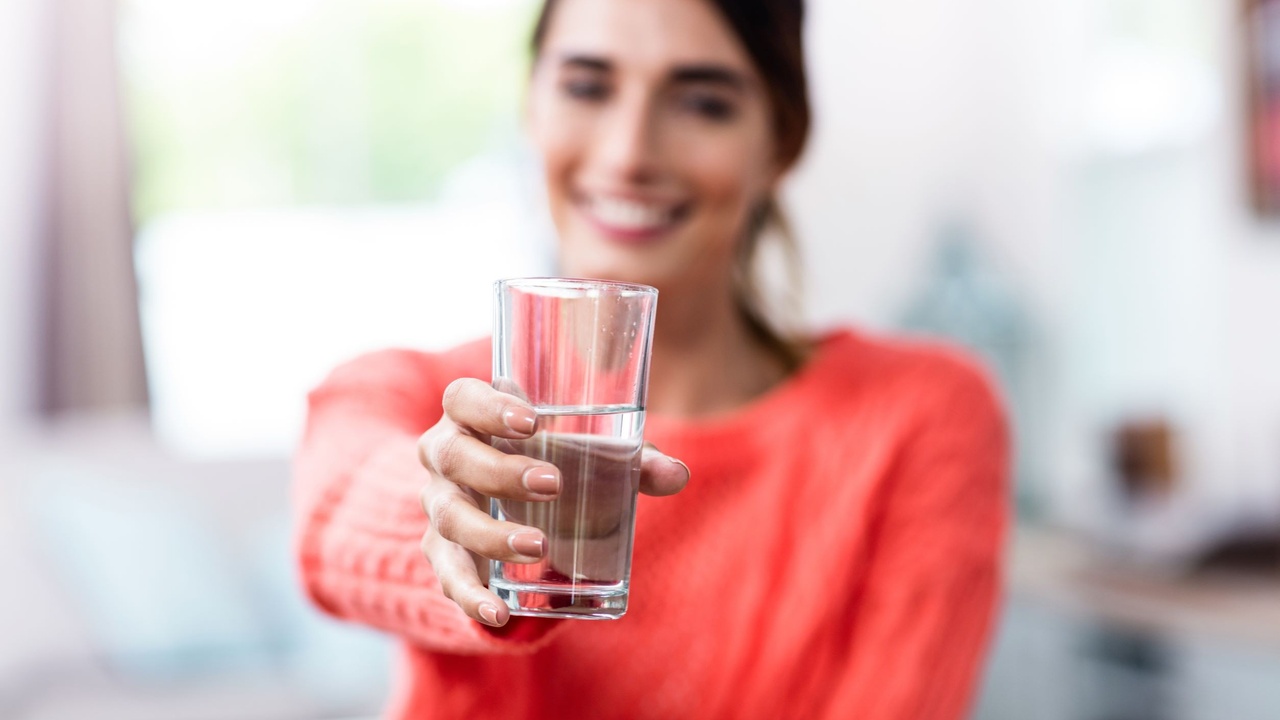
Hydration - Do We Really Need 8 Glasses of Water a Day?
Oct 08, 2022Why do we need water anyway?
Water is essential for life and good health. According to the National Health & Medical Research Council (Nutrient Reference Values for Australia & New Zealand 2005), we need more water than our body can produce. This means, that we need to drink enough water each day to help with bodily functions like biochemical reactions, the health of our cells, digestion, absorbing nutrients, eliminating water and regulating out body temperature. (Kleiner, 1999).
But just how much is enough?
Food can contribute about 20% of our total water needs (National Nutrition Survey -NNS- 1995) but the rest must come from water or other fluids (NHMRC 2003). Our body must hold a minimum amount of water to help our kidneys work effectively. Depending on our body mass, water can account for 50 -80% of our body weight. Therefore, our fluid needs can be highly variable. They are approximately 2.5-3L per day in a 70kg person.
How much water should we drink each day?
Recommended intakes are based on the median intake from the NNS, 1995.
For men 19->70 yrs 2.6L / day (about 10 cups)
For women 19 ->70 yrs 2.1L / day (about 8 cups)
This includes fluids from water, milk and other drinks, excluding alcohol (which is dehydrating).
It does not include water from food.
Dehydration
As little as 2% loss of body weight from dehydration can affect physical and mental performance.
Top tips to stay hydrated
- Drink small and regular amounts of water throughout the day. Most of us should be aiming to drink around 2-3 L (this does not include what you drink around exercise).
- Have a plan. If you are exercising for more than 30 minutes, you should have a fluid intake plan. Weighing yourself before and after exercise can help you to gauge your fluid needs. A kilogram loss of body weight represents a need for 1.5 Litres of fluid to be replaced, to account for fluid lost as urine. This should all be replaced within 4-6 hours after exercise.
- Use sports drinks. When exercise sessions are of high intensity or last longer than 60 minutes, sports drinks can help replace lost electrolytes. For a natural alternative, try coconut water or homemade sports drinks.
- Check your lips. A dry mouth or lips can be one of the early signs of dehydration. Sip. Sip. Sip.
- Top-up in the office. Air conditioning can zap your fluid levels before you know it. Keep a water bottle on your desk and top up regularly.
Day-to-day hydration plan
- Drink a 400 ml of water with breakfast.
- Drink 2-3 L of fluid each day (excluding what you drink around exercise).
- Drink little and often.
- Avoid fizzy drinks and adding sugar to caffeinated beverages.
- Drink no more than 2-3 cups of tea and coffee each day.
- Avoid caffeine and alcohol immediately after training.
Remember, use your urine as a guide.
If you are thirsty, you can already be dehydrated enough to impair your thinking and performance. Dark-coloured urine of a relatively small volume is an indication of dehydration and should signal you to drink more fluids throughout the day.
For more great information every week, VISIT and LIKE our Instagram Page

